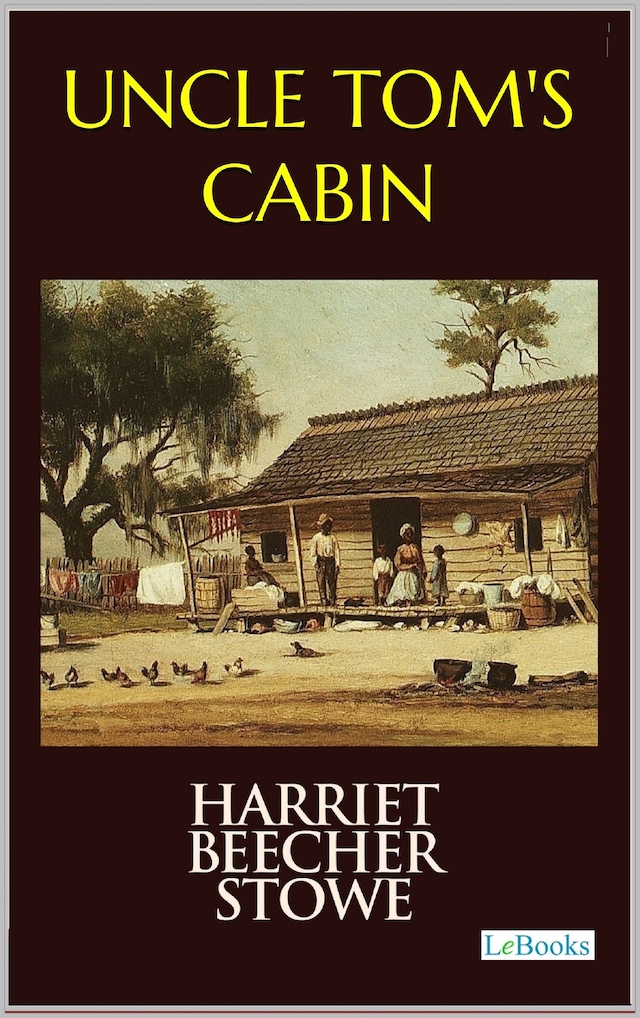
Uncle Tom's Cabin


